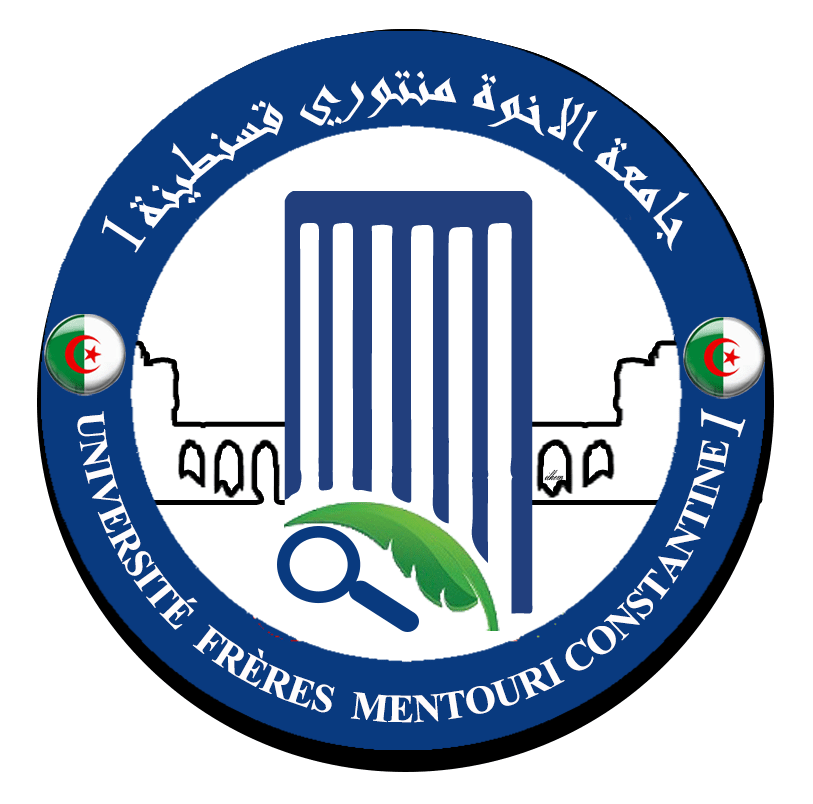The Case Of First-year Students Of English At Larbi Ben M’hidi University, Oum El Bouaghi.
Résumé: Task-based language teaching has gained its rightful place in language research. It suggests sequencing tasks from simple to complex for syllabus design. However, little research has considered second language learners' cognitive differences as a factor intervening with their writing performance and proficiency. This study intends to examine the effects of manipulating task complexity using the number of texts as a resource-directing variable and planning time as a resourcedispersing variable according to learners' Working Memory and attention on students' L2 writing. A secondary aim is to investigate teachers' and students' perception of differentiating writing task complexity according to learners' differences. It firstly hypothesises that EFL teachers and students at the University of Oum el Bouaghi may underestimate and disregard differentiating writing tasks according to students’ cognitive differences. Secondly, it hypothesises that the effects of task complexity on students’ writing performance would vary among learners with different cognitive abilities. Thirdly, it hypothesises that manipulating task complexity according to students’ cognitive differences would positively affect students’ writing performance and proficiency. To attain the aims of the study, we designed two questionnaires and conducted two experiments. The first questionnaire was administered to the teachers of the Department of English at the University of Oum el Bouaghi, and the second was administered to 2017-2018 first-year students at the same department. The first experiment has a Repeated Measures design, and the second has a Pre-Test Post-Test Control Group Experimental Group design. Data for the two experiments were collected from students' text summaries and syntheses. The written data were measured in terms of fluency, accuracy, and syntactic complexity. A one-way ANOVA test, a Post-Hoc Test, a Two-way ANOVA test, a Paired T-test and an Independent T-test were used for statistical analysis. The study firstly reveals that the English Department teachers at the University of Oum el Bouaghi and its first-year students acknowledge the value of differentiating writing tasks according to students’ cognitive differences. However, teachers disregard it and rarely practice manipulating tasks according to students’ cognitive differences inside the classroom. Secondly, it reveals that the effects of task complexity do not vary among learners according to their working memory and attention, but these two cognitive differences accumulate with task complexity to impact students’ performance. Thirdly, manipulating task complexity according to students’ working memory and attention positively affects their writing fluency and syntactic complexity but does not influence their writing accuracy. Consequently, teachers may use the results of this study to gain a better view of their learners’ profiles, and thus design better lessons and writing tasks to enhance students' writing skill.
Mots-clès:
Nos services universitaires et académiques
Thèses-Algérie vous propose ses divers services d’édition: mise en page, révision, correction, traduction, analyse du plagiat, ainsi que la réalisation des supports graphiques et de présentation (Slideshows).
Obtenez dès à présent et en toute facilité votre devis gratuit et une estimation de la durée de réalisation et bénéficiez d'une qualité de travail irréprochable et d'un temps de livraison imbattable!


